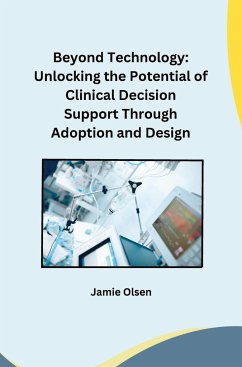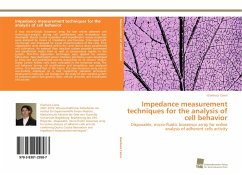
Unlocking the Power of Cadherins: How EC Repeats Drive Cell Adhesion
Versandkostenfrei!
Versandfertig in 6-10 Tagen
28,34 €
inkl. MwSt.

PAYBACK Punkte
0 °P sammeln!
The strand-swap trans interaction is further strengthened by a cis interaction between the EC1 repeat of one protomer and the EC2 repeat of another monomer on the surface of the same cell. In this way, type I classical cadherins can form Velcro-like patches on the cell surface34,42. Type II classical cadherins act in a similar fashion, but have two conserved tryptophans (W2, W4), both of which are exchanged between EC1 monomers to form the strand swap43. Desmosomal cadherins have just one conserved tryptophan (W2) in the same position as Type I classical cadherins, but the two types of desmoso...
The strand-swap trans interaction is further strengthened by a cis interaction between the EC1 repeat of one protomer and the EC2 repeat of another monomer on the surface of the same cell. In this way, type I classical cadherins can form Velcro-like patches on the cell surface34,42. Type II classical cadherins act in a similar fashion, but have two conserved tryptophans (W2, W4), both of which are exchanged between EC1 monomers to form the strand swap43. Desmosomal cadherins have just one conserved tryptophan (W2) in the same position as Type I classical cadherins, but the two types of desmosomal cadherin, desmoglein and desmocollin, are capable of forming heterophilic complexes30 whereas type I and type II classical cadherins are mostly homophilic, though some exceptions exist44,45.














